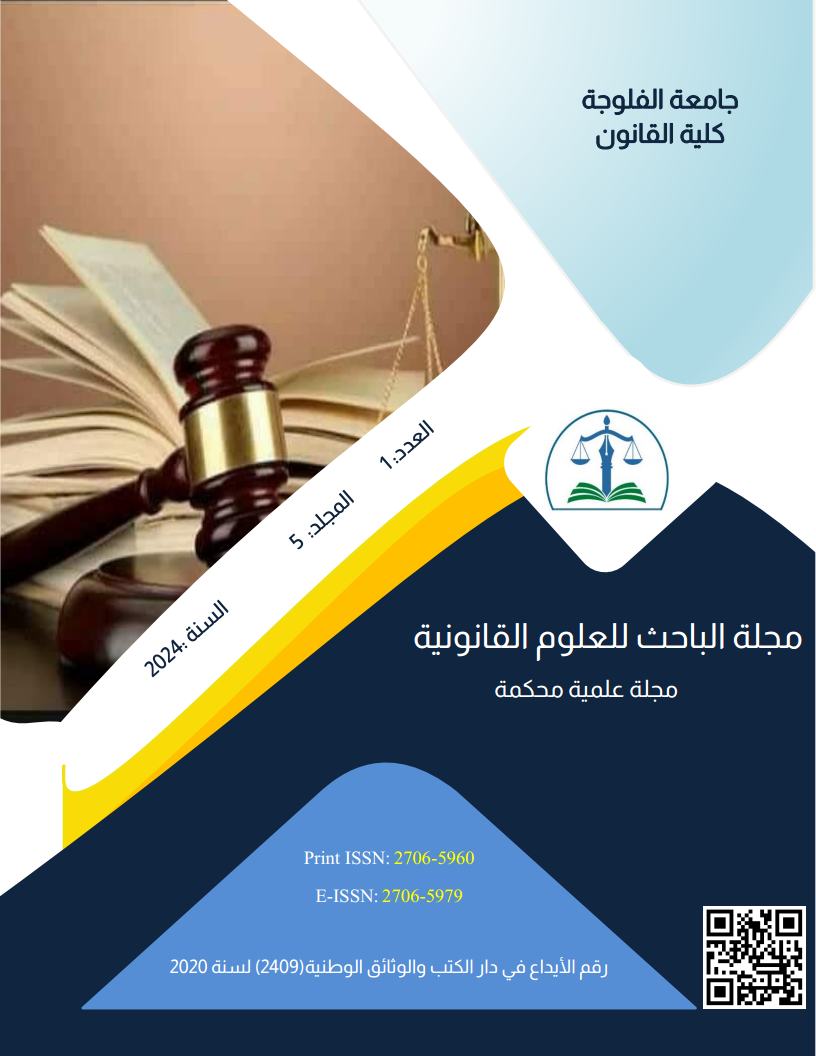Ignoring the legal regulation of the state order in the Iraqi constitutional judiciary- a comparative study
Abstract
Ali bin Abi Talib said: the Messenger of God (peace be upon him) sent me (Ali) to Yemen as a judge, and asked the messenger, " O messenger of God, are you sending me when I am young and have no knowledge of judgment So he said, God will guide your heart and make your tongue firm, if two litigants sit before you, do not judge until you hear from both of them it is more likely that the judgment will become clear to you. Form this point, is that the principle in the judiciary is patience and contemplation, research and investigation, leading to the ruling that is considered the final outcome and the address of the truth. However, sometimes rights may be overtaken and swept away due to traditional litigation procedures, which require a process that may extend for an unknown time, which may result undesirable consequences, and the final judgment becomes like a scream in a desert. For that, the Iraqi legislator realized in Civil procedure Law No. (83) of 1969 in Articles (151, 152, 153) the importance of the state Judiciary and what it leads to in providing quick temporary protection of rights and legal positions without prejudice to the origin and essence of the right. However, the Federal Supreme Court Law No. (1) of 2005 did not include any reference to it, but rather its Regulation No. (1) of 2021 referred to the consideration of requests for state orders in accordance with the provisions of the Civil procedure Code. That is a legislative obligation which falls on the Federal Supreme Court to follow regulatory procedures that are followed in ordinary courts at their various levels, but it committed itself to Articles (151 and 152) Article (153/1) regarding the grievance, since finality is a characteristic that accompanies their decisions and opposes the character and nature of the constitutional lawsuit, which leads to the fragmentation with the essence and nature of the system. Integrated legal State orders, and this contradicts sound legal logic, are the duty from which the necessity of creating a procedural organization for temporary constitutional protection is inferred
Keywords:
Order of commitment, Temporary Protection, Iraqi Constitutional Judiciary, Rights of Litigants, dispute.
Published
How to Cite
Issue
Section
License
Copyright (c) 2024 Research Journal for Legal Sciences

This work is licensed under a Creative Commons Attribution-NonCommercial 4.0 International License.





